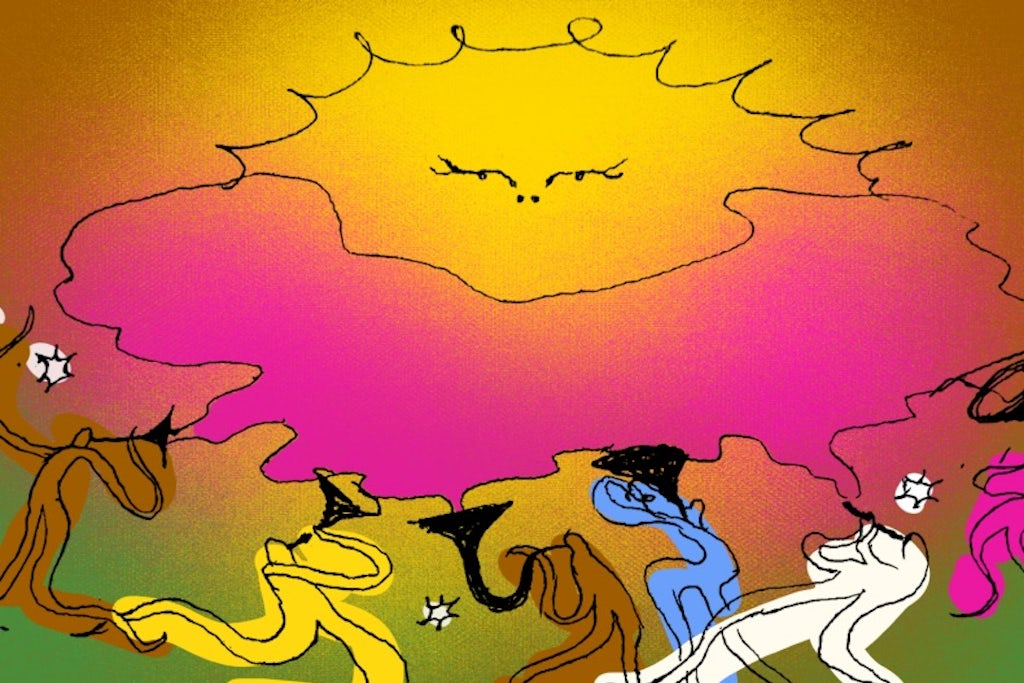Better Practices for Safe(r) Spaces #1: dealing with transgressive behaviour

(c) Sadrie Alves
How to develop better ways of working in the performing arts sector today – and in the future? As part of How to Live and Work Now?, we are inviting six artists, collectives and researchers to set up self-organized collective working groups.
In one of those working groups, writer and activist Olave Nduwanje is initiating a research trajectory on safe spaces – not only on the why, but specifically on the how.
What does it entail to create a safer space? What are safer spaces for those living and surviving in positions of marginalisation, of erasure, of repression, of violence? What alternatives are queer and BIPOC communities, or people with a disability, in need of? What alternatives are they building and caring for?
Over the past few months, Olave Nduwanje – lovingly supported by Rotterdam-based queer activist, organiser and spiritual advisor Non Sense – held in-depth conversations with organisers of safe(r) spaces in and outside of Brussels.
These conversations led to a series of podcast episodes. Listen in on the ambitions, vulnerabilities, expertise and embodied experiences of these safe(r) space organisers: Jacopo Buccino and Sirah Foighel Brutmann (Engagement Arts), Xandra Koster and Sita Mohabir (Feminists Against Ableism), Jenebah Kamara (Jabari), Claire Gilder and Marnie Slater (Mothers & Daughters) and Aida Yancy (Equal City Brussels).
Safer spaces for people active in the arts who have experienced transgressive behaviour
We are trying to show content from SoundCloud.
Kunsten.be only uses minimal cookies. To view content by a third party website, this site can place additional cookies. By continuing to browse you are agreeing to the use of those third party cookies.
Read more about our privacy policy?
In this first episode, Olave talks to Sirah Foighel Brutmann and Jacopo Buccini of Engagement about safer spaces: spaces for people active in the arts who have experienced transgressive behaviour. How do we talk about this without additional emotional damage? What steps can organisations take to prevent transgressive behaviour and, when it does occur, to deal with it correctly and preferably in a healing way?
Engagement arose in the aftermath of Me Too, as a movement to make the voices of victims and witnesses of transgressive behaviour in the art world heard: by publishing cases anonymously on social media, by organising confidential discussions, and by taking a collective stand. Engagement has further developed and grown with support from Kunstenpunt and others, following the 2018 open call D.I.T. (Do It Together).
Sirah was involved from the beginning and Jacopo joined in after a while. Jacopo emphasises that he does not want to speak for Engagement but on his own behalf.
Read the full transcript of this conversation (in English).


